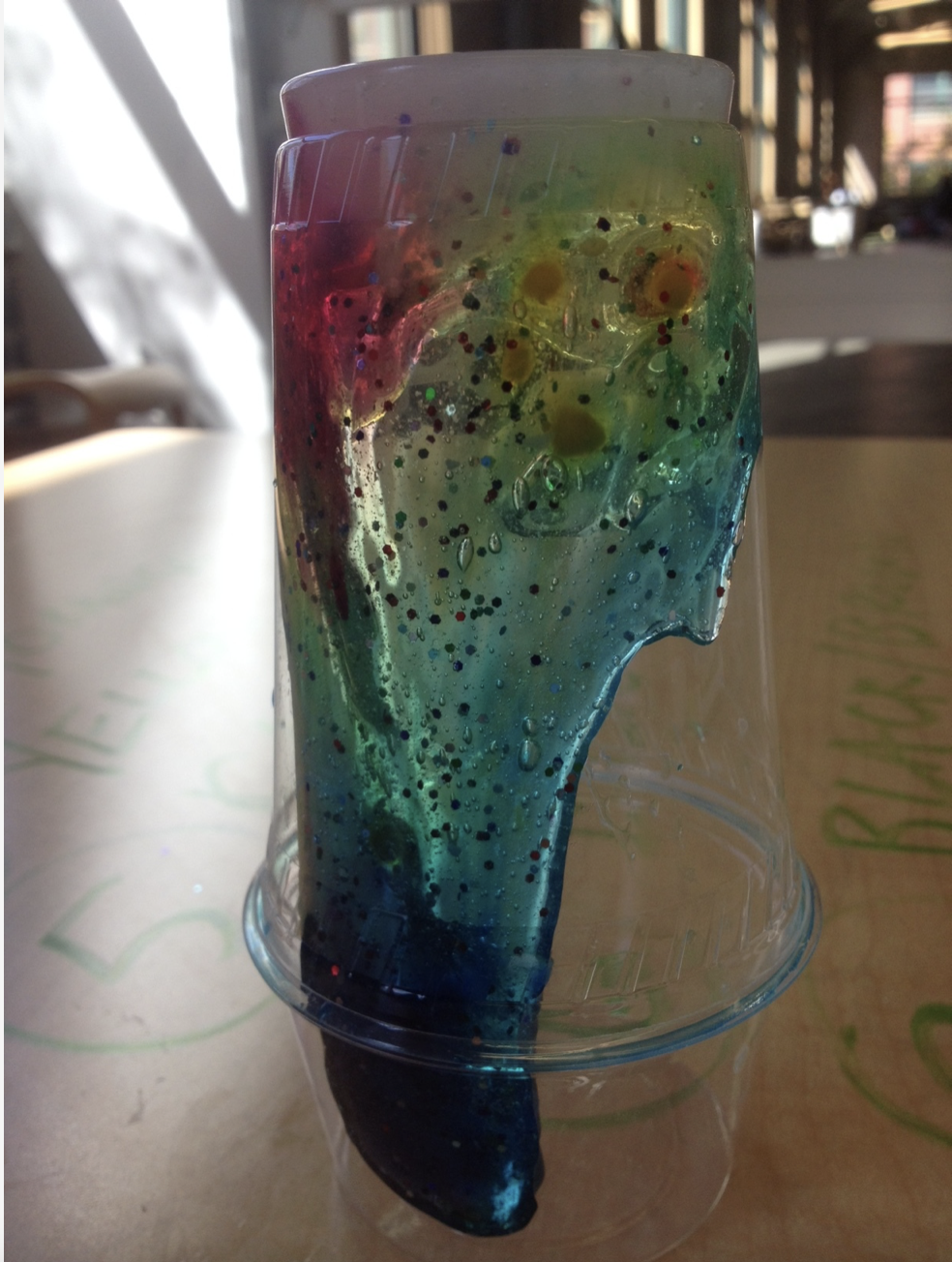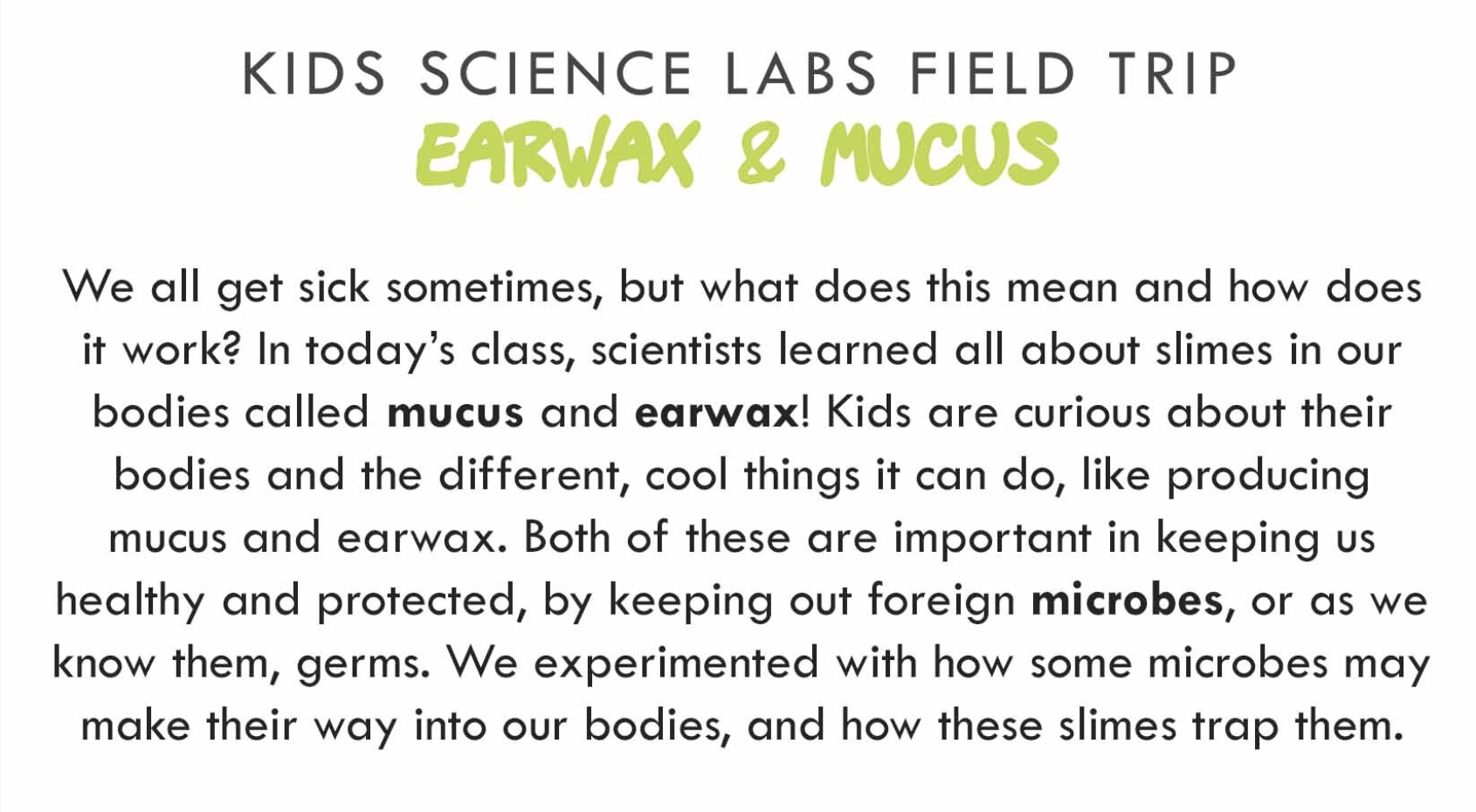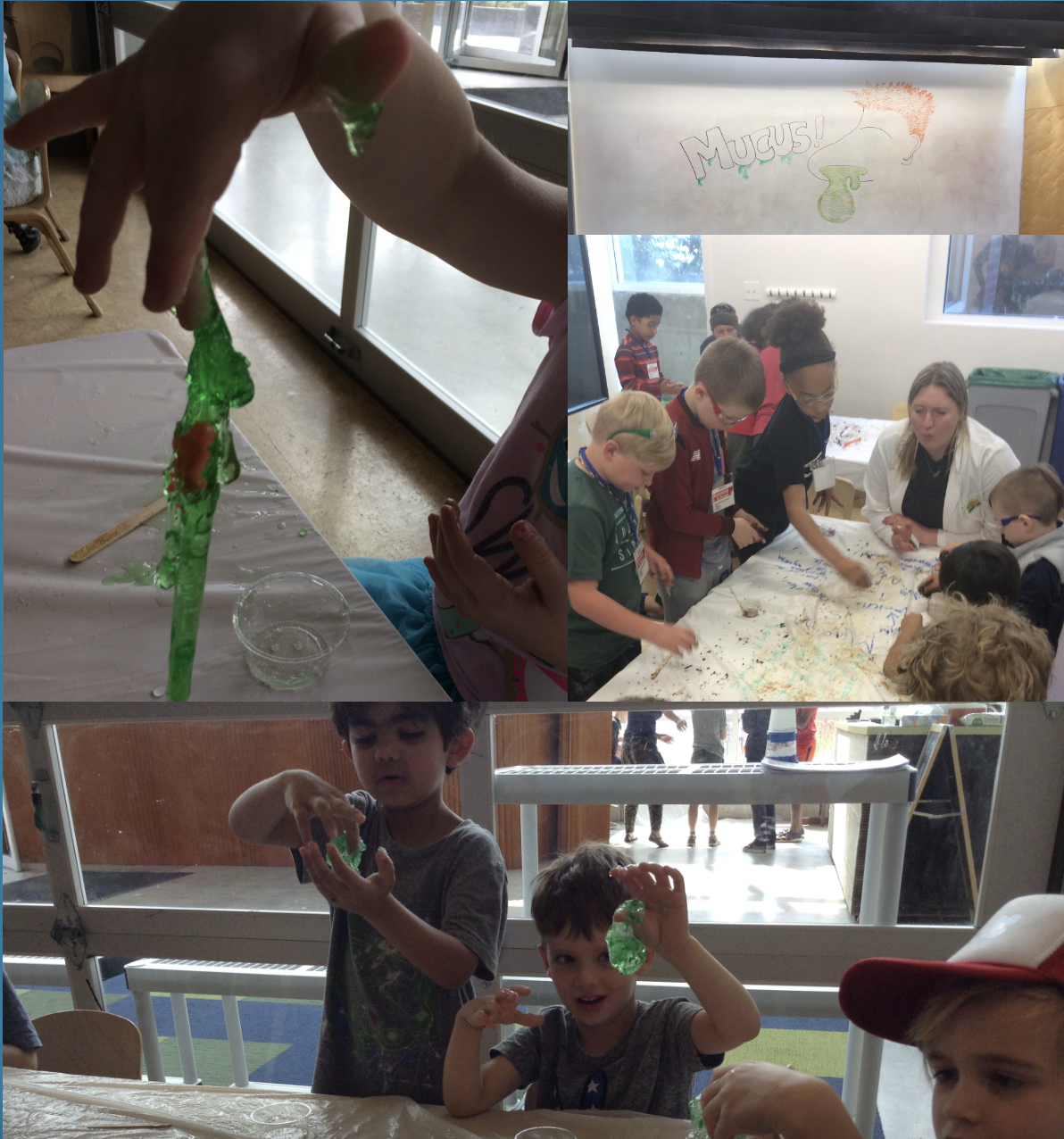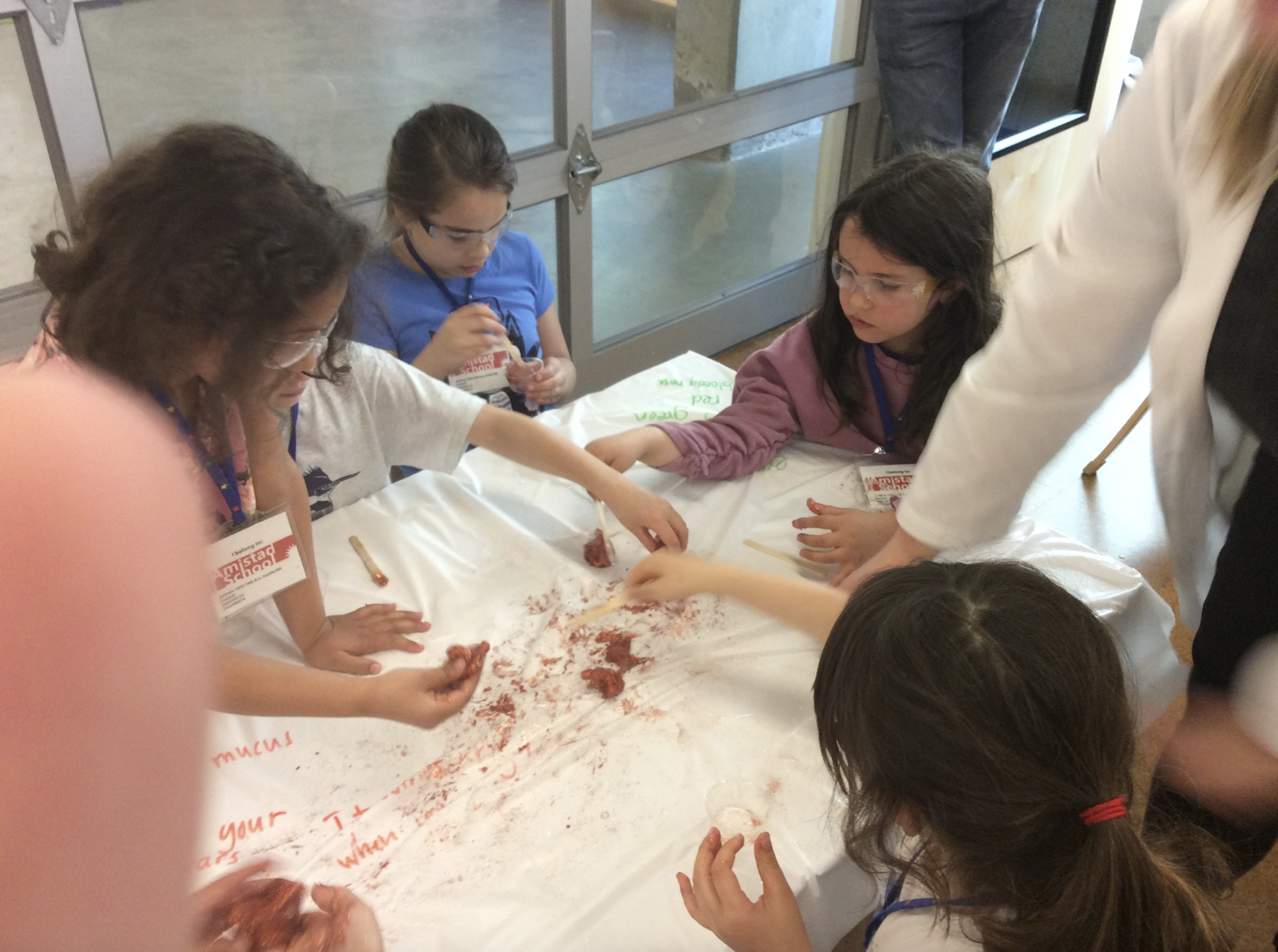As the weather changes, our bodies continue to work overtime to protect us from the bacteria and germs that we encounter. At Kids Science Labs, our scientists explored the relationships between the cohesive and adhesive liquids throughout our body (saliva, mucus, earwax) that help us to trap and fight off germs and bacteria. On this day of camp, we explore how our skin protects us, but whenever there is an open wound or entry point for bacteria, that internally, our body uses mucus as a means to trap and remove bacteria from harming us. Modern Medicine also explores how taking medicines can aid this ongoing fight against th
All along our ear, nose, mouth, and throat, we have outstanding mucus that is essential to keeping our bodies working properly. Not only does mucus protect our nose and mouth, for example, from drying out, but it also is a primary exit vehicle for removing harmful bacteria that has been battling our white blood cells. There are three primary discovery experiments that most of our students explored. (1) Why is our mucus green (2) How does our body protect us form germs (3) Why is our mucus so sticky when we get sick? Each of these activities involves exploring the understanding of germs, microbes, and how our bodies keep them out and eventually trap them, before expelling them from our nose.
During an infection, our white blood cells contain neutrophis, which contain green colored tiny little enzymes, that when they get together in large quantities, can turn our mucus greenish color. So there is a reason our mucus may be green and its not because “we are so sick” but because our infection fighting white blood cells are attacking bacteria properly. IN this class, we explored the modern medicine of why its so important for mucus to be extra thick when we are sick, and how germs would simply stay in our body, if they couldn’t be trapped by wet, viscous, sticky slimy mucus. We then made such mucus and tested in on fake bacteria (glitter) to test whether it was sufficiently viscous to remove it from our system as shown above!











